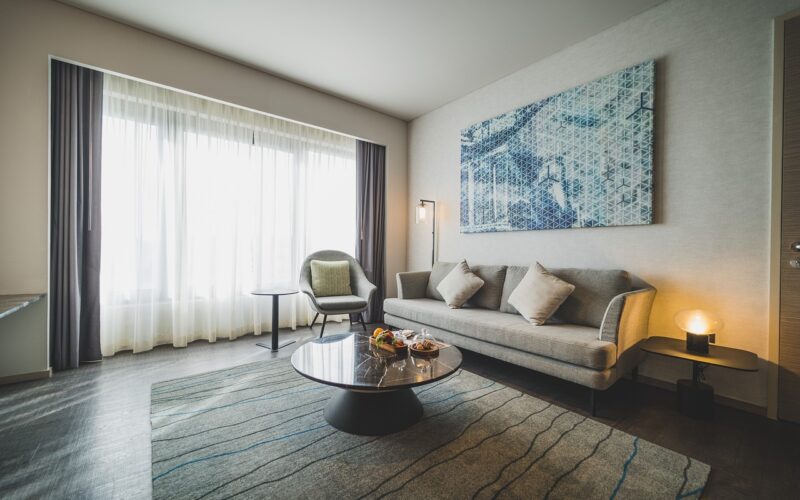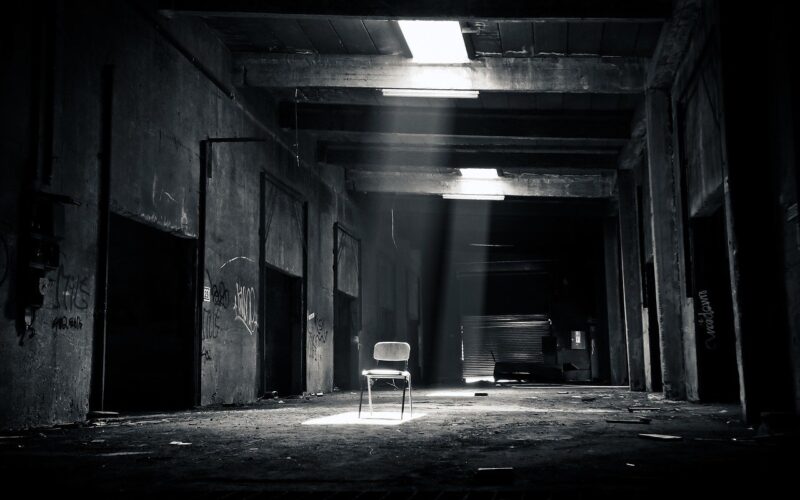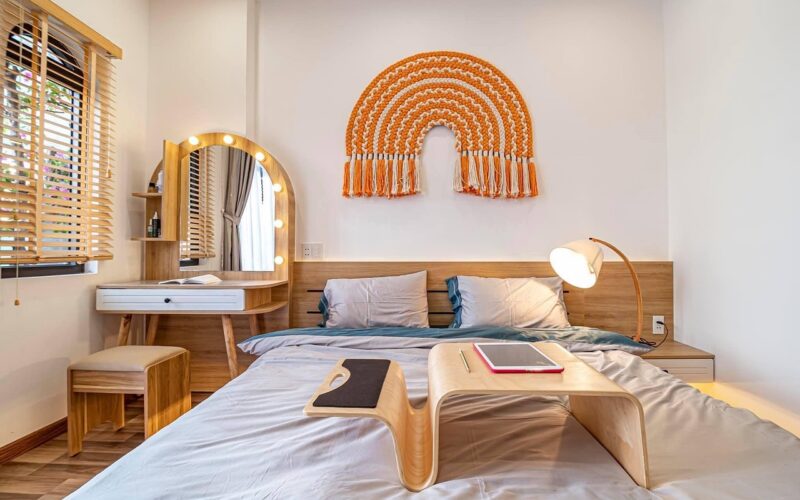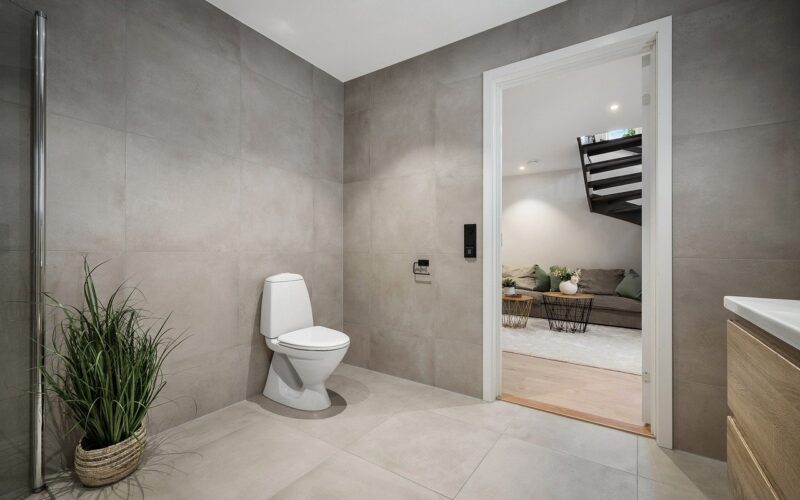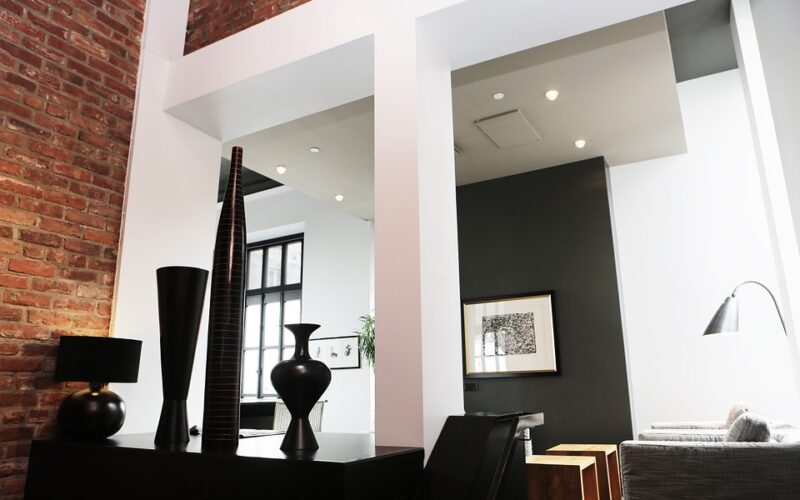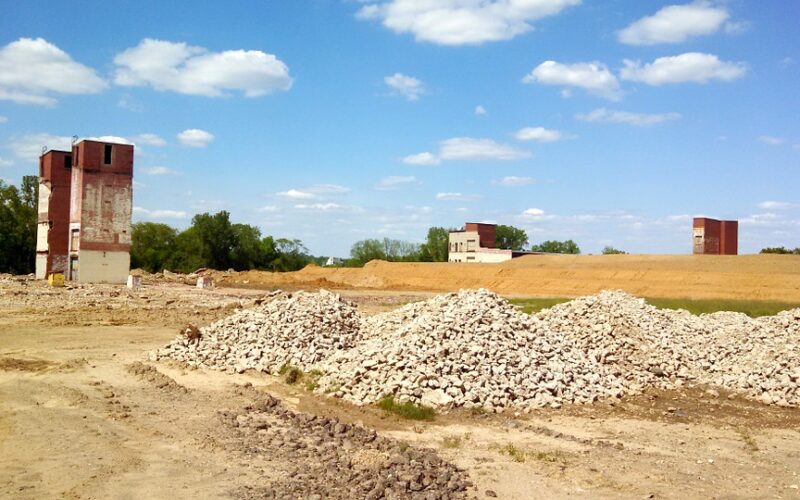Being a landlord comes with a set of responsibilities aimed at ensuring the well-being and satisfaction of tenants. In addition to maintaining the property, landlords must create a safe and comfortable living environment for their tenants.
Routine maintenance and repairs
One of the most critical duties of a landlord is to perform routine maintenance and promptly address any repair requests. This includes checking the plumbing, electrical systems, and heating installations regularly. By conducting periodic inspections, landlords can identify potential issues early and prevent them from escalating into more significant problems. Ensuring all appliances are in good working order not only enhances tenant satisfaction but also helps in preserving the property's value.
Ensuring cleanliness and hygiene
A clean and hygienic property is essential for tenant health and satisfaction. Landlords should prioritise regular cleaning of communal areas and ensure that tenants have ample waste disposal facilities. Specific attention should be given to carpet cleaning, as carpets can harbour dirt, dust, and allergens. Hiring professional carpet cleaners to perform deep cleaning at least once a year can significantly improve indoor air quality and prolong the life of the carpets. Carpet cleaning not only contribute to a healthier living environment but also leave a positive impression on tenants.
Providing clear communication channels
Effective communication is vital in maintaining a positive landlord-tenant relationship. Landlords should provide tenants with clear and accessible communication channels for reporting issues, asking questions, or voicing concerns. Whether through email, phone, or a dedicated online portal, being responsive and approachable can help build trust and ensure problems are addressed swiftly. Regularly updating tenants on any changes to the property or upcoming maintenance can also help in keeping them informed and engaged.
Conducting regular safety checks
Safety is a top priority for any landlord. Regular safety checks, such as inspecting smoke detectors, carbon monoxide alarms, and fire extinguishers, are essential tasks. Ensuring that all safety features are in good working condition can prevent accidents and protect both tenants and property. Additionally, landlords should periodically check for potential hazards, such as loose handrails or faulty wiring, and address them promptly. A safe living environment can significantly enhance tenant satisfaction and reduce the likelihood of legal issues arising from negligence.
Handling tenant disputes and issues
Dealing with tenant disputes and issues in a fair and professional manner is a crucial aspect of a landlord's role. Whether it's addressing noise complaints, resolving maintenance problems, or mediating conflicts between tenants, a proactive approach is necessary. Landlords should listen to tenants' concerns, provide solutions, and ensure that all parties feel heard and respected. Implementing a conflict resolution policy and having clear guidelines in the lease agreement can help manage disputes effectively and maintain a harmonious living environment.
Managing lease agreements and documentation
Properly managing lease agreements and maintaining accurate documentation are fundamental responsibilities of a landlord. This includes drafting clear and comprehensive lease agreements that outline the terms and conditions of the tenancy, rent payment schedules, and tenant responsibilities. Landlords should also keep thorough records of all communications, maintenance requests, and financial transactions. Staying organised and compliant with legal requirements can prevent misunderstandings and protect the landlord's interests in case of disputes.
Offering tenant support and resources
A good landlord goes beyond just maintaining the property by offering support and resources to tenants. This can include providing information on local services, utilities, and transportation options. Additionally, landlords can create a sense of community by organising events or activities that encourage tenant interaction and engagement. Showing genuine care and concern for tenants' well-being can foster a positive and long-lasting landlord-tenant relationship.
Being a responsible landlord involves more than just collecting rent. It requires a proactive approach to maintenance, cleanliness, communication, safety, dispute resolution, and tenant support. By fulfilling these duties diligently, landlords can create a thriving living environment that benefits both tenants and property owners.
